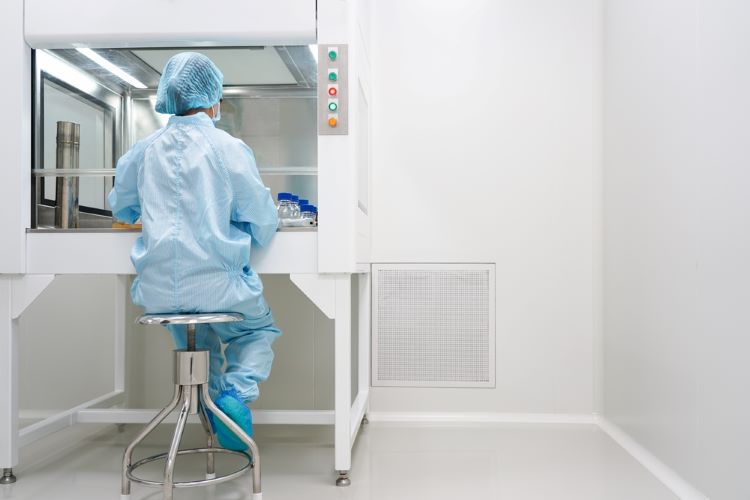Investing in the future of pharmaceutical microbiology QC
Posted: 5 December 2024 | Troy Wright (Abzena) | No comments yet
Troy Wright, Senior Vice President and Global Head of Quality at Abzena, shares an overview of current major challenges within pharmaceutical microbiology quality control, including the lack of staff knowledge in advanced technologies and how the sector’s importance can be overlooked, despite its key role in bringing safe, quality products to market.


What are the top trends for rapid microbiological methods (RMMs) and what are the most promising technologies in this space?
Rapid microbiology methods have been gaining more visibility in the pharmaceutical microbiology industry due to the increased demand for faster turnaround times for microbiological results, especially for cell and gene therapy products where the urgency to deliver a safe and quality product to patients is within days. Some of the longest lead times for compendial safety assays are sterility, mycoplasma and bioburden testing.
In most companies, QC microbiology is a small unit that does not get the attention needed to deliver safe and quality products to patients in a timely manner”
Some of the most common methods that have been picked up by the industry are those developed for rapid testing platforms for sterility, endotoxin, and microbial identification.
Additionally, several technologies on the market enable real-time testing of water systems for total organic content (TOC), conductivity, and bioburden. The implementation of inline testing of water for injection (WFI) systems has been accepted in the industry and can have a significant impact on resources and overall spend to maintain in-house water systems.
What are some of the key challenges in the current pharmaceutical microbiology market?
Overall, pharmaceutical microbiology is a field that has been long overlooked by many biologic manufacturing companies. In most companies, QC microbiology is a small unit that does not get the attention needed to deliver safe and quality products to patients in a timely manner.
Expertise is [one of the main issues in the current pharmaceutical microbiology QC sector], as there is not enough knowledge of the technologies on the market”
Speed can be a key challenge, as there are long lead times for companies that must leverage the use of contract testing laboratories.
Expertise is also an issue, as there is not enough knowledge of the technologies on the market.
Staffing is another challenge, due to the lack of true pharmaceutical microbiologists in industry. There are not many of those that have grown up through benchwork.
Lastly, funding can also be a challenge due to the lack financing prioritised for investing in some of these technologies and regulatory knowledge.
What are the top three considerations for biologic manufacturers when pursuing QC compliance with rapid testing methods to ensure microbiology quality?
For any rapid testing method, biologic manufacturers should first evaluate the need for a rapid method. These systems can be expensive to invest in, so it is important that manufacturers always consider their return on investment.
The following should be considered when developing a strategic plan to implement a rapid method:
- Is the rapid method accepted by the regulatory agency and fit for the need of the business? Has this been challenged by the regulatory authorities?
- Do we have the right QC microbiologists in the lab to drive this implementation to completion, and has the system been evaluated for risk? What are the requirements for validating these systems?
- Is the vendor offering the services open to working with the manufacturer in validating the method? Is this a well-known vendor and do they have validation packages pre-established and available for us?
What is your outlook for the future of pharmaceutical microbiology quality control?
Looking ahead in quality control in pharmaceutical microbiology, it is important to focus on the future of our QC labs and invest in people, surrounding processes, and advanced technologies.
Staying connected with industry trends, leveraging working groups, and getting involved to understand the newest technologies and how to drive them into the everyday business, is key. Be innovators and don’t accept the norm!
About the interviewee


Troy has over 20 years of experience in the biopharmaceutical sector, covering various production platforms including mammalian cell culture and large and small molecule drug substance manufacturing. He joined Abzena in 2021 from Amgen Inc. where he held roles of increasing responsibility including Chief of Staff for Worldwide Quality, Quality Operations Team Lead and Contract Manufacturing Quality.
Troy is a member of, RX360, the Parenteral Drug Association (PDA) and CASSS. He attained his bachelor’s degree from Catawba College, Salisbury, NC, US.








